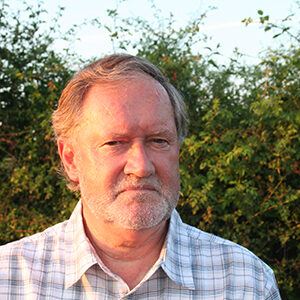French worried over Ukrainian giga-poultry farms in Croatia

The French organisation for the poultry industry, Anzol, has ‘raised the alarm’ over plans by 2 Ukrainian companies to build giga-poultry farms in Croatia. The projects will add an annual production of 45 million birds to Croatia’s current production of 235 million.
Under pressure from poultry farmers, particularly in France, the EU recently re-introduced caps on the quantity of chicken that can be imported duty-free from Ukraine. However, those caps don’t apply to poultry produced by Ukrainian companies in an EU country. In other words, by building large-scale poultry farms in Croatia, they can fully profit from the free internal market.
“The projects in Croatia are undoubtedly going to lead to a wave of chicken that is raised in contradiction to the expectations of the consumer and to all the principes of the European Union. These birds, coming from a type of poultry farm that is non-existent in Europe, are a threat to French production and to the model of family farms in Europe. Moreover, low cost competition on the French national market will act as a further constraint on the food sovereignty of our country,” Anvol states.
Lead by oligarchs
The plans are develop by 2 large Ukrainian agro-companies, MHP and PCC, which, according to Anvol, are ‘lead by oligarchs’. MHP wants to build 200 sheds housing 8 million chickens. The fully integrated site also houses its own hatcheries, feed factory, slaughterhouses, workers’ accommodation and other facilities. The French organisation doesn’t give details on the other project.
On the eve of the European elections, Anvol asks the EU authorities as well as candidates for its Parliament not to allocate any European funds to these projects. The French organisation points out that since 2008, MHP has already received a total of €400 million from the European Development Bank for developments in Ukraine itself.
“These new projects are a far cry from the strategic orientations of the European Union with regard to agriculture, such as a reduction of the use of antibiotics and of CO2 emissions, as well as from the France family model with responsible farming and an engagement for a balanced renumeration of growers,” states Anvol. “From the production of feed, the hatcheries, the breeding, the slaughter of the animals and their processing, these companies concentrate all their activities and centralised them in one XXL location in order to maximally reduce production costs. By doing that, they will form a huge treat to the whole of the French poultry industry,” Anvol concludes.












